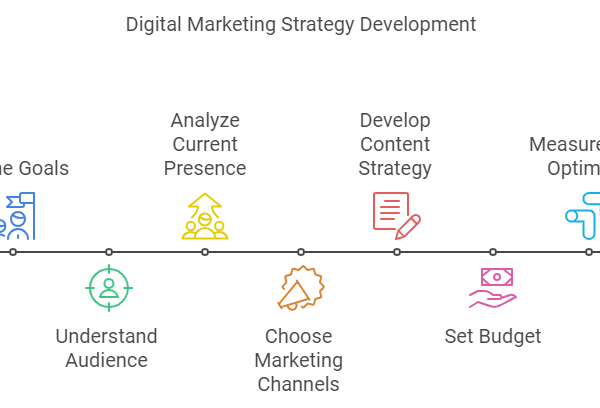
In the bustling world of healthcare, where every moment counts, and lives hang in the balance, the importance of resilience in healthcare workers cannot be overstated. Resilience, the ability to bounce back from adversity, is desirable and necessary in an environment fraught with challenges, uncertainties, and high-stress situations. From doctors and nurses, to support staff and administrators, cultivating resilience is vital for surviving and thriving in the demanding healthcare landscape.
Navigating Stress: The Crucial Role of Resilience
The healthcare profession is notorious for its high-stress environment, characterized by long hours, intense emotional demands, and constant exposure to suffering and trauma. In such circumstances, resilience acts as a shield, buffering healthcare workers from the detrimental effects of chronic stress. Research has shown that resilient individuals are better equipped to cope with adversity, maintain emotional stability, and sustain optimal performance under pressure.
Moreover, resilience enables healthcare professionals to adapt to change more effectively, a skill particularly valuable in an industry marked by rapid technological advancements, evolving treatment protocols, and shifting healthcare policies. By fostering a mindset of flexibility and adaptability, resilience empowers healthcare workers to embrace innovation, navigate uncertainty, and deliver the highest quality care to their patients.
Building Resilience: Strategies for Healthcare Professionals
While some individuals may possess a natural inclination towards resilience, it is a skill that can be nurtured and developed through intentional effort and practice. Healthcare organizations can play a crucial role in supporting the strength of their staff by implementing strategies aimed at promoting self-care, fostering a culture of support and collaboration, and providing access to resources for stress management and mental health support.
Encouraging self-care practices such as regular exercise, mindfulness meditation, and adequate rest can help healthcare workers recharge physically, mentally, and emotionally, enhancing their ability to cope with the demands of their profession. Additionally, fostering a culture of support and camaraderie within the workplace creates a sense of belonging and solidarity among staff members, which can serve as a powerful buffer against burnout and compassion fatigue.
Furthermore, providing access to counseling services, resilience training programs, and peer support groups can equip healthcare professionals with the tools and support they need to cultivate resilience and navigate challenges effectively. By investing in the well-being of their workforce, healthcare organizations not only enhance employee satisfaction and retention but ultimately improve patient outcomes.
Conclusion: Thriving in the Face of Adversity
In conclusion, resilience is not just a desirable trait; it’s a fundamental characteristic that enables healthcare workers to thrive in adversity. By cultivating resilience, healthcare professionals can navigate the high-stress environment of the healthcare industry with grace, adaptability, and compassion. From managing patient care demands to coping with personal challenges and professional setbacks, resilience empowers healthcare workers to bounce back more robustly, resiliently, and compassionately than ever.
As we continue to navigate the complexities of the healthcare landscape, let us remember the importance of supporting and nurturing the resilience of our healthcare workforce. By investing in strategies to promote self-care, foster a culture of support, and provide access to resources for resilience building, we can ensure that healthcare professionals are equipped to face whatever challenges come their way, delivering the highest quality care to those who need it most.
Read the full article: https://emperiortech.com/
FAQ
Why is resilience important for healthcare workers?
Resilience is crucial for healthcare workers to effectively cope with their profession’s demanding and often stressful nature, enabling them to provide high-quality care while maintaining their well-being.
What are common challenges that healthcare workers face?
Healthcare workers face challenges such as long hours, emotional exhaustion, patient suffering, and high-pressure situations, which can impact their mental and emotional resilience.
How can resilience benefit healthcare workers?
Resilience helps healthcare workers manage stress, prevent burnout, and maintain a positive outlook, ultimately enhancing job satisfaction and performance.
What strategies can healthcare workers use to build resilience?
Healthcare workers can build resilience through self-care practices, seeking social support, setting boundaries, practicing mindfulness, and developing problem-solving skills.
Are there resources available to support resilience in healthcare workers?
Healthcare organizations often offer resources such as resilience training programs, counseling services, peer support groups, and employee assistance programs.
What can healthcare organizations do to promote resilience among their staff?
Healthcare organizations can promote resilience by fostering a supportive work culture, providing access to stress management and self-care resources, offering training on resilience-building techniques, and recognizing the importance of work-life balance.











